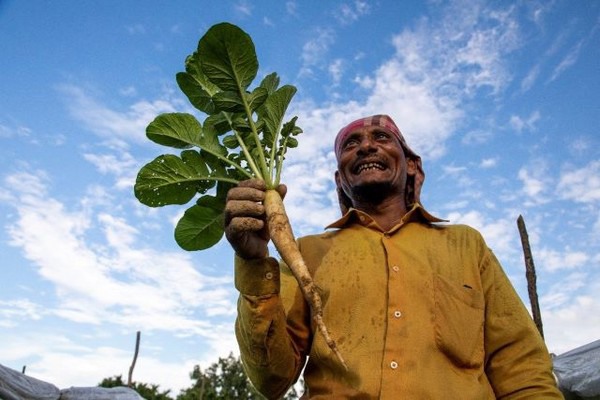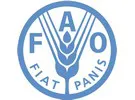Mohammad Islam is growing more vegetables after FAO installed a solar-powered irrigation system. The father of three resides Ukhiya in Cox’s Bazar, Bangladesh. He finds great satisfaction in growing nutritious food, and he grows a variety of vegetables and beans, including aubergines, beans, cabbages, varieties of gourd (bitter, bottle, and sweet), radishes, red amaranth, and tomatoes.
“Water scarcity is a common problem in our area, and the irrigation cost is very high. FAO installed a solar-powered irrigation system, which helps to address the problem of water scarcity to a great extent,” Mohammad said.
In Cox’s Bazar, FAO is promoting improved irrigation practices that use solar energy and reduce water losses. FAO and Bangladesh’s Department of Agricultural Extension will replicate the initiative across the country to promote the sustainable transformation of agri-food systems.

Mohammad is the president of a farmer group that is supported by FAO, and he attended an FAO-supported Farmer Field School (FFS). FAO promotes the FFS approach to empower marginal and smallholder farmers worldwide. As the platform for farmer education and empowerment, FFS has been recognized as a dynamic and promising approach for interacting with farmers and managing complex systems, and FAO leads the way in advocating for it.
Under the SAFE Plus project, FAO has popularised the FFS approach in Bangladesh, establishing around 300 FFSs in the Cox’s Bazar region, benefiting around 6 000 farmers directly.
An FFS is comprised of 20 farmers. Around one-third of the farmers are women. The farmers work as groups, meet regularly, manage group bank accounts, attend training sessions on agricultural production and good agricultural practices, and carry out experiments.
For more information:
Food and Agriculture Organisation UN
www.fao.org
